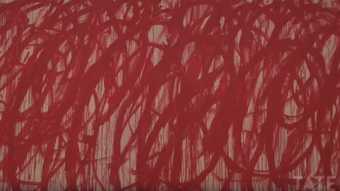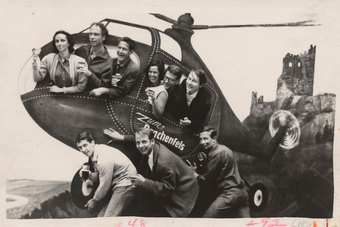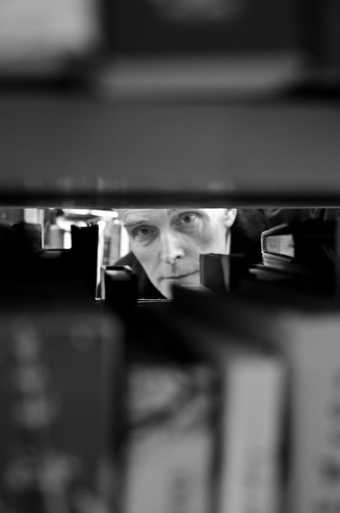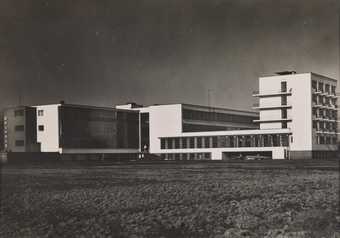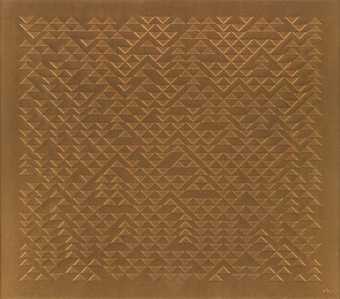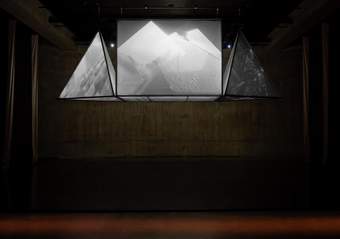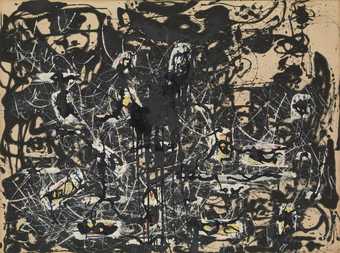Black Mountain College was a highly influential school founded in North Carolina, USA, in 1933 where teaching was experimental and committed to an interdisciplinary approach.
The college’s progressive principles were based on the educational theories of its founder, John Andrew Rice. In the curriculum, drama, music and fine art were given equal status to all other academic subjects. Teaching was informal, with an emphasis on collaboration, communal living and outdoor activities. Most of the work of running the college and maintaining the buildings was done by students and faculty. Black Mountain quickly became an extraordinary powerhouse of modern culture in America.
Amongst its teachers were some of the greatest names of modern American culture, including the Bauhaus teacher Josef Albers, who had fled Nazi Germany after the closure of the Bauhaus that same year and became one of the first teachers at the college. Abstract expressionist painters Willem and Elaine de Kooning, artists Robert Rauschenberg and Anni Albers, composer John Cage and dancer and choreographer Merce Cunningham were all also associated with the school at one time or another.

